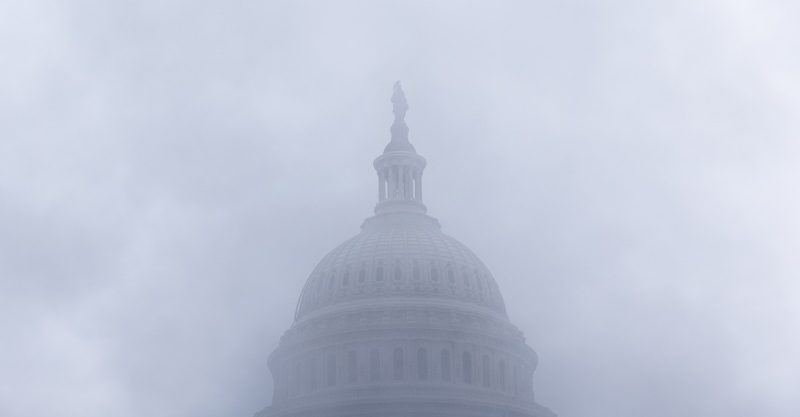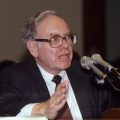
The next few years will see intense debate over presidential and judicial power in America. But to truly understand the upcoming clashes, we must acknowledge a critical, often overlooked factor: the profound failure of Congress to fulfill its constitutional role.
Congress’s inaction has created a power vacuum, fueling both presidential and judicial overreach. This isn’t a temporary problem; it’s a deeply ingrained institutional weakness that has destabilized our politics for decades. The solution lies not with the executive or judicial branches, but within Congress itself; only its members can rectify this situation, and meaningful constitutional renewal hinges on their doing so.
The Founding Fathers, particularly Madison, were more concerned with Congress’s potential for excessive power. Their anxieties stemmed from observations of state legislatures’ tendencies toward unchecked authority. The modern reality, however, is starkly different. Congress has become remarkably weak, a far cry from the powerful legislative branch envisioned by the nation’s founders. The growth of government and the complexities of modern life have undeniably empowered the presidency and its associated agencies. Yet, this doesn’t necessitate Congress’s retreat into irrelevance.
Until the late 20th century, Congress actively asserted its influence, overseeing the administrative state and challenging presidential authority. Constitutional battles often involved Congress and the President, while the courts primarily focused on individual rights. The shift towards a weaker Congress is a complex issue, but certain actions, such as those taken by Newt Gingrich to consolidate power within the House, contributed to the current trends. These changes, intended to increase efficiency, ironically rendered most legislators largely powerless. Ambition now leads many towards social media performance and cable news punditry, rather than policy expertise and legislative collaboration.
This centralization of power has transformed Congress into a largely ancillary body, particularly when controlled by the president’s party. When the president’s party holds power, Congress often fades into the background, serving primarily as a platform for commentary rather than genuine legislative action. Even when the opposition party controls Congress, it frequently focuses on opposition rather than productive legislation. The low number of bills signed into law during early presidencies, such as Trump’s, highlights this alarming trend.
This passivity renders executive actions largely symbolic. The president’s power is limited without congressional support; executive orders are often attempts to mask this limitation. This applies to various policy areas, such as regulatory reform and tariff policy. Congress possesses the authority to address these issues, yet it consistently fails to act, leaving the executive branch to overstep its boundaries. The Supreme Court has attempted to encourage congressional involvement, but it cannot force action.
The current political climate offers numerous opportunities for legislative action, yet Congress remains largely inactive. For instance, the president’s tariff policies, a matter clearly within Congress’s purview, have faced little meaningful legislative response. Even when members express disapproval, party loyalty and leadership decisions often prevent necessary action.
The executive branch’s attempts to circumvent Congress, such as by impounding funds, further exacerbates the problem. This directly challenges Congress’s fundamental authority, forcing a confrontation that Congress is ill-equipped to handle due to its self-imposed weakness. The institution’s decline over two decades has left it unable to effectively counter executive overreach.
The American system is designed as a republic where the legislative branch holds significant power. However, until Congress reclaims its role, the system will remain dysfunctional. The problem lies not with a lack of solutions, but with a lack of political will within Congress itself. Any meaningful reform requires a fundamental shift in the priorities and ambitions of its members. Addressing the overreach of other branches ultimately depends on Congress choosing to act, to prioritize effective governance over political posturing.










